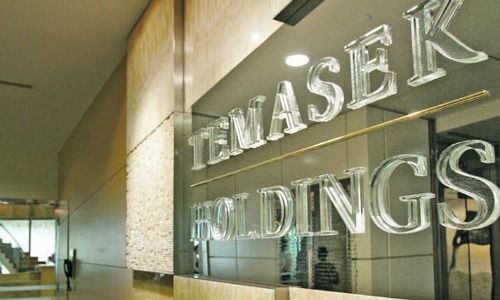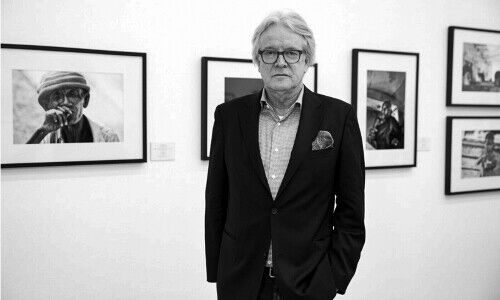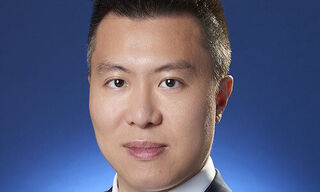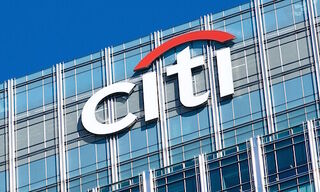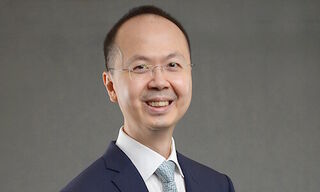While the firm's net portfolio value fell by S$7 billion from the year before, it also achieved carbon neutrality as a company.
Singapore state-owned investment company Temasek Holdings posted a drop in its net portfolio for the first time in four years, closing its financial year ending March 31, 2020, with a Net Portfolio Value of S$306 billion ($214 billion), down from the record S$313 billion ($231 billion) in 2019.
Temasek's total shareholder returns for the past year also fell from 1.49 percent in 2019 to -2.28 percent, while total shareholder return over 10 years was also down from 9 percent in 2019 to 5 percent in 2020, the firm said at its annual review on Tuesday.
Temasek said the shrink was largely due to the impact of the Covid-19 pandemic on the last quarter of the financial year, and that it ended the year with a «resilient balance sheet.» During the year, Temasek invested S$32 billion and divested S$26 billion. China and Singapore are its top two countries by concentration, at 29 percent and 24 percent respectively.
Focus on Sustainability
Temasek noted that it closed the year with carbon neutrality. The firm committed to halving the net carbon emissions attributable to its portfolio by 2030, and committed to a longer-term ambition of net zero emissions by 2050 for its portfolio.
The company highlighted that it has mainstreamed sustainability considerations in its investment and portfolio management processes, and strengthened its Environmental, Social and Governance framework, with a stronger emphasis on climate analysis, as well as a deeper focus on supporting companies in their own sustainability journey.
Significant Uncertainty
«We will stay watchful and remain disciplined in our investment approach, as we focus on building a portfolio that will benefit from policy tailwinds and is resilient in the long term,» Png Chin Yee, deputy chief financial officer and head of financial services, said about the firm's outlook.
The firm also said that the Covid-19 pandemic has «amplified and accelerated» the structural trends that guide its investment direction.
«One way for us to shape our portfolio for the future is to seek innovative companies at the forefront of developing new, sometimes disruptive, solutions that create new opportunities,» Yeoh Keat Chuan, senior managing director, enterprise development group and deputy head, Singapore projects, said.

